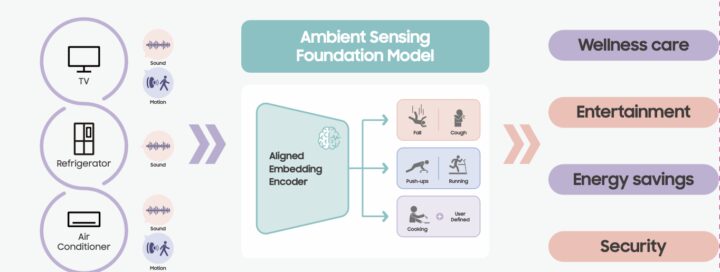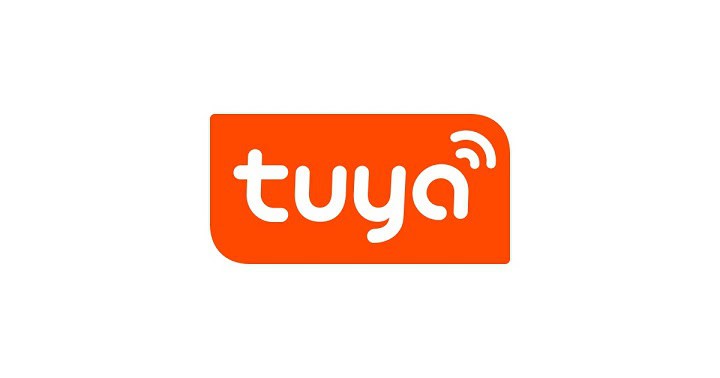OpenAI has announced the release of a new series of artificial intelligence models named OpenAI o1-preview. These models are designed to spend more time on reasoning before providing responses, enabling them to solve more complex problems in fields such as science, coding, and mathematics. The initial model in this series is available starting September 12 through ChatGPT and the OpenAI API.
These models have been trained to refine their thinking process, attempt different strategies, and recognize mistakes, similar to human reasoning. In internal tests, the next model update performed comparably to PhD students on difficult benchmark tasks in physics, chemistry, and biology. Additionally, the reasoning model demonstrated significant improvement in mathematics and coding, solving 83% of problems on a qualifying exam for the International Mathematics Olympiad and reaching the 89th percentile in Codeforces coding competitions.
The current model, named GPT-4o, lacks several features present in ChatGPT, such as web browsing and the ability to upload files and images. However, OpenAI o1-preview is expected to excel in complex reasoning tasks, marking a significant advancement in AI capabilities. The naming convention has been reset with this series starting at OpenAI o1.
To ensure safety and alignment, OpenAI has developed a new safety training approach for these models. This involves using their reasoning capabilities to better adhere to safety guidelines. In one of the most challenging jailbreaking tests, GPT-4o scored 22 out of 100, while the o1-preview model scored 84. OpenAI has also increased its safety measures through internal governance and collaboration with federal governments, including agreements with the U.S. and U.K. AI Safety Institutes.
The enhanced reasoning capabilities of these models can be particularly useful for professionals tackling complex problems in various fields, such as healthcare researchers annotating cell sequencing data or physicists generating complicated mathematical formulas. Developers can also use these models to build and execute multi-step workflows.
Additionally, OpenAI has introduced a smaller, more cost-effective model named OpenAI o1-mini. This model is particularly effective at coding and is 80% cheaper than the o1-preview model, making it a viable option for applications that require reasoning but not extensive world knowledge.
OpenAI plans to continue updating these models and adding new features such as browsing and file uploading. Further developments in both the GPT series and the new OpenAI o1 series are also anticipated. For more information, visit OpenAI’s website here.




